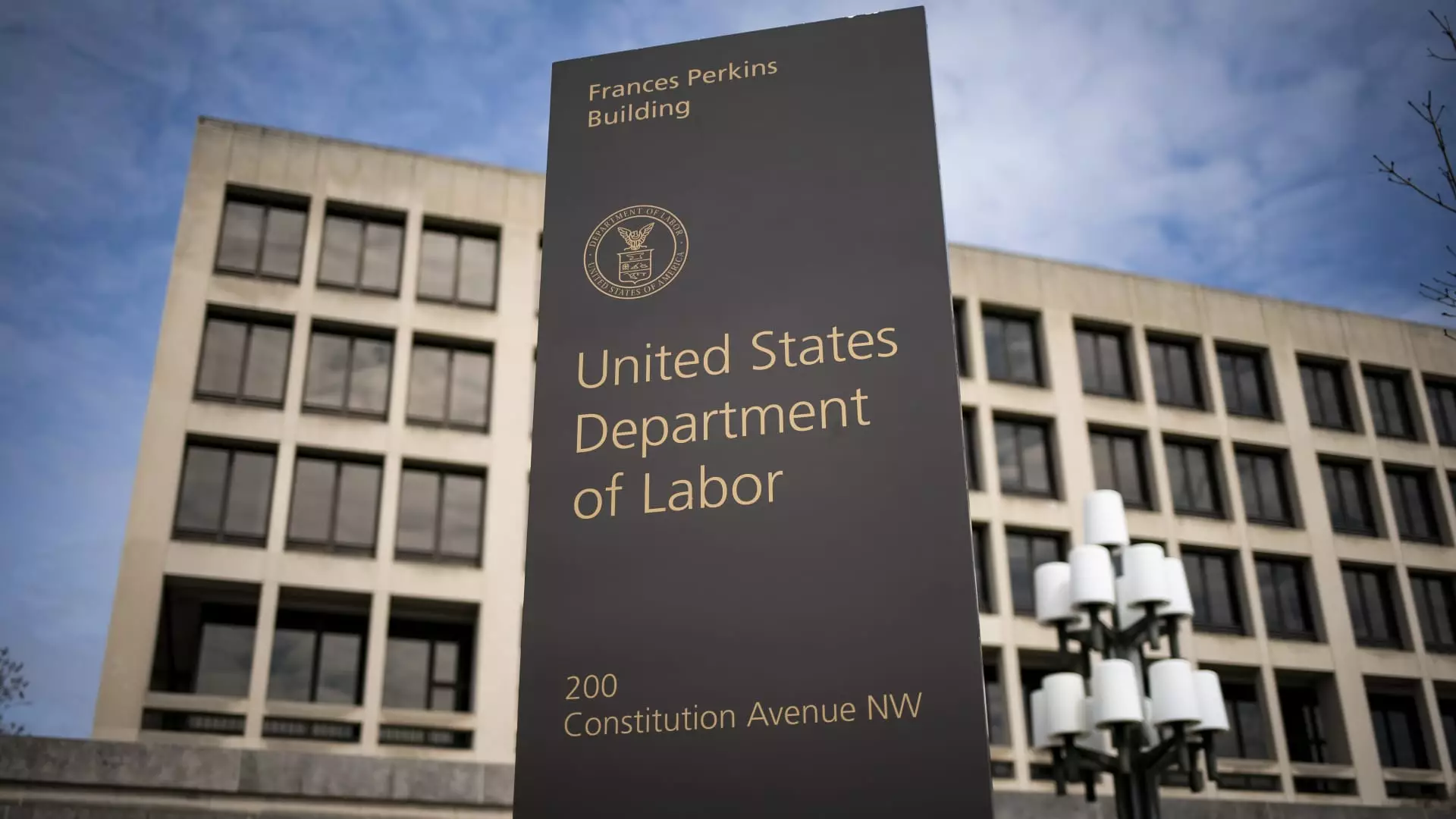The Biden administration has recently rolled out a final rule aimed at tightening the regulations surrounding investment advice provided to retirement savers. The new rule, issued on Tuesday by the U.S. Department of Labor, seeks to ensure that investment recommendations are focused on the best interests of the savers rather than potentially conflicting interests of advisors and brokers.
One of the key aspects of the new rule is the expansion of when a broker, advisor, or intermediary must act as a “fiduciary.” This means that these financial professionals are obligated to provide advice that prioritizes the client’s needs above their own. The rule is set to take effect on September 23, with the goal of enhancing the protection of retirement savers’ assets.
According to Lisa Gomez, assistant secretary of the Employee Benefits Security Administration, the current retirement rules are inadequate in protecting savers from conflicts of interest in financial advice. She highlighted that in many cases, advisors are not obligated to act in the best interests of retirement customers, leading to potential financial harm. The new rule aims to address these issues, particularly concerning rollovers from 401(k) plans to individual retirement accounts and the purchase of insurance products like annuities.
The Labor Department’s focus is on safeguarding Americans’ retirement savings, which are often their most significant source of financial security. By implementing stringent regulations on investment advice, the department aims to prevent bad actors from exploiting conflicts of interest for personal gain. Gomez emphasized the importance of safeguarding tax-preferred retirement savings and ensuring that financial professionals act prudently and truthfully when advising clients.
Under the new rule, financial industry professionals must adhere to impartial conduct standards starting September 23. These standards require advisors to provide personalized investment advice that is prudent, loyal, truthful, and charges reasonable fees. The rule will be implemented in two phases, with full compliance expected by September 2025.
Despite the intentions behind the new rule, industry groups have raised objections, arguing that the regulations could harm retirement savers. The American Council of Life Insurers, a trade group, expressed concerns that the rule would limit access to professional financial guidance and create unnecessary restrictions. However, the Labor Department believes that existing regulatory frameworks may not offer sufficient protection for retirement savers, prompting the need for additional rules to ensure a level playing field.
The Biden administration’s new rule on investment advice for retirement savers signifies a significant step towards enhancing consumer protection in the financial industry. By expanding fiduciary responsibilities and imposing impartial conduct standards, the rule aims to prevent conflicts of interest and prioritize the best interests of retirement savers. While industry groups may voice opposition, the overarching goal of the new rule is to promote transparency and integrity in financial advisory services for the benefit of all Americans planning for retirement.

Leave a Reply